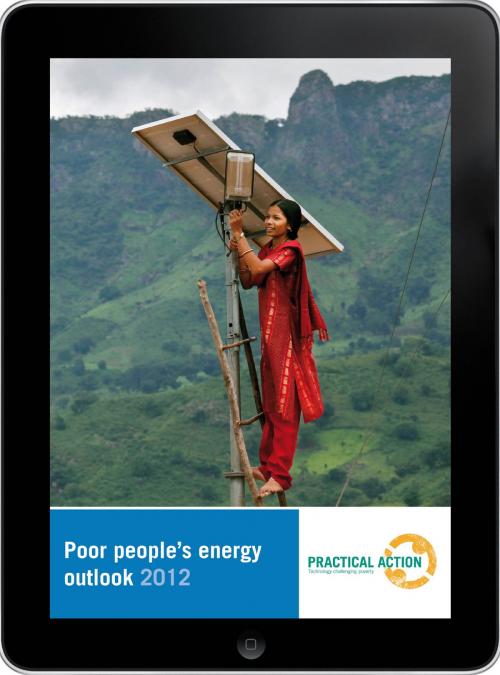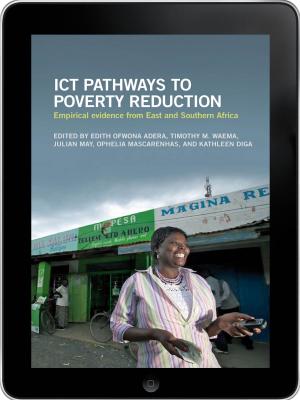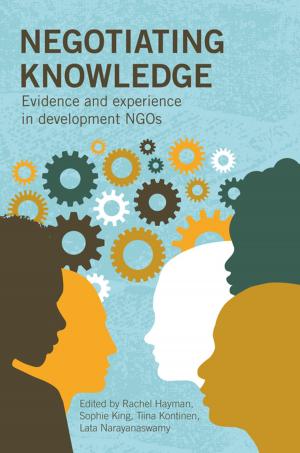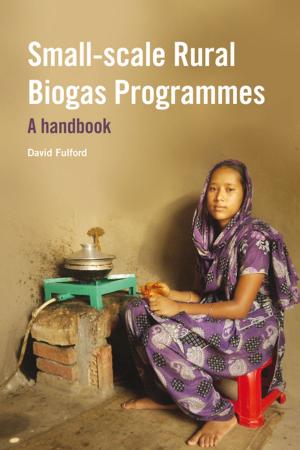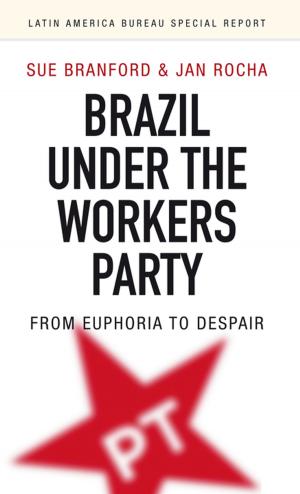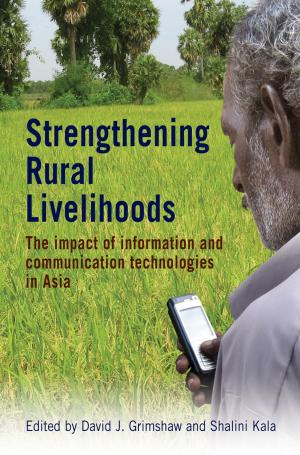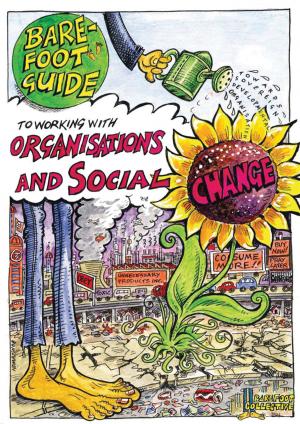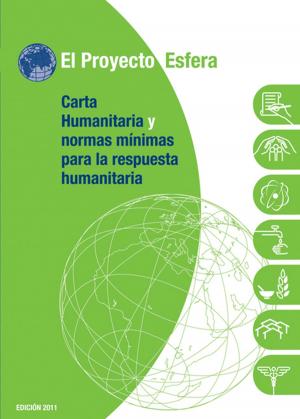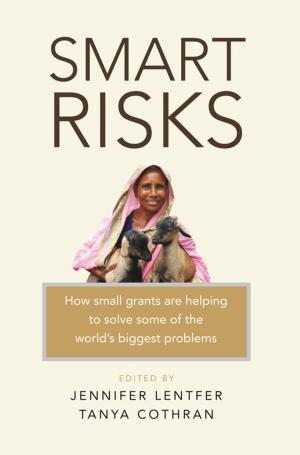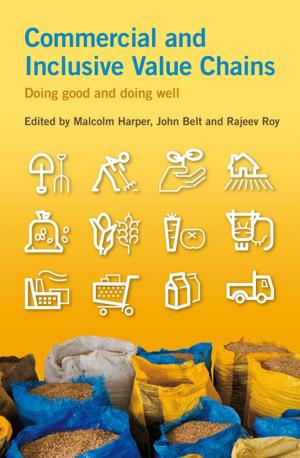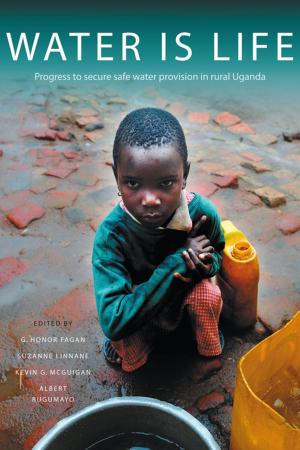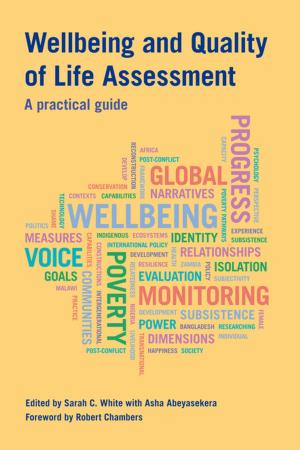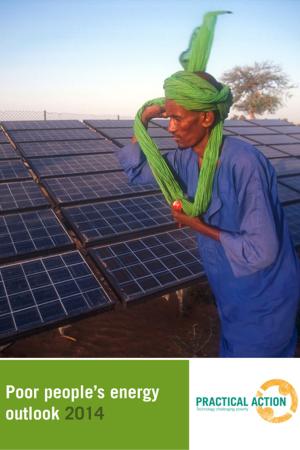Poor People's Energy Outlook 2012 eBook
Energy for Earning a Living
Nonfiction, Reference & Language, Reference, Social & Cultural Studies, Social Science| Author: | Practical Action | ISBN: | 9781780447315 |
| Publisher: | Practical Action Publishing | Publication: | March 15, 2013 |
| Imprint: | Practical Action Publishing | Language: | English |
| Author: | Practical Action |
| ISBN: | 9781780447315 |
| Publisher: | Practical Action Publishing |
| Publication: | March 15, 2013 |
| Imprint: | Practical Action Publishing |
| Language: | English |
Access to energy is essential for poor people to earn a decent living, to work their way out of the vicious cycle of poverty and subsistence. Whether you earn off the land, from a small business, through a job in a larger enterprise or through the supply of energy itself, energy is important. Poor People’s Energy Outlook 2012 examines the linkages between energy access and better opportunities for earning a living, while recognising that there are many barriers which must be overcome on the path from improved energy access to increased incomes. This second report in the PPEO series also revisits the definition of energy access reintroducing the concept of Total Energy Access as a progressive framework to measure how people use energy in a healthy and productive way. The complementary Energy Supply Index encompasses how people make incremental improvements to the quality of their energy supply. Change in energy access can start with one person, but it must eventually be at the level of the whole system. The Energy Access Ecosystem approach is presented, describing the interconnected web of organizations working on energy access and the system of which they are a part. If Total Energy Access is to be accelerated, many more organizations will have to act in this space in ways more complementary to each other than today, and supportive policy, capacity and fi nance are essential to a more ‘healthy’ Energy Access Ecosystem. PPEO 2012 will be of interest to anyone seeking to better understand energy access and its role in development at a human scale. It should be required reading for the international energy sector and programme planners at national and local levels.
Access to energy is essential for poor people to earn a decent living, to work their way out of the vicious cycle of poverty and subsistence. Whether you earn off the land, from a small business, through a job in a larger enterprise or through the supply of energy itself, energy is important. Poor People’s Energy Outlook 2012 examines the linkages between energy access and better opportunities for earning a living, while recognising that there are many barriers which must be overcome on the path from improved energy access to increased incomes. This second report in the PPEO series also revisits the definition of energy access reintroducing the concept of Total Energy Access as a progressive framework to measure how people use energy in a healthy and productive way. The complementary Energy Supply Index encompasses how people make incremental improvements to the quality of their energy supply. Change in energy access can start with one person, but it must eventually be at the level of the whole system. The Energy Access Ecosystem approach is presented, describing the interconnected web of organizations working on energy access and the system of which they are a part. If Total Energy Access is to be accelerated, many more organizations will have to act in this space in ways more complementary to each other than today, and supportive policy, capacity and fi nance are essential to a more ‘healthy’ Energy Access Ecosystem. PPEO 2012 will be of interest to anyone seeking to better understand energy access and its role in development at a human scale. It should be required reading for the international energy sector and programme planners at national and local levels.
